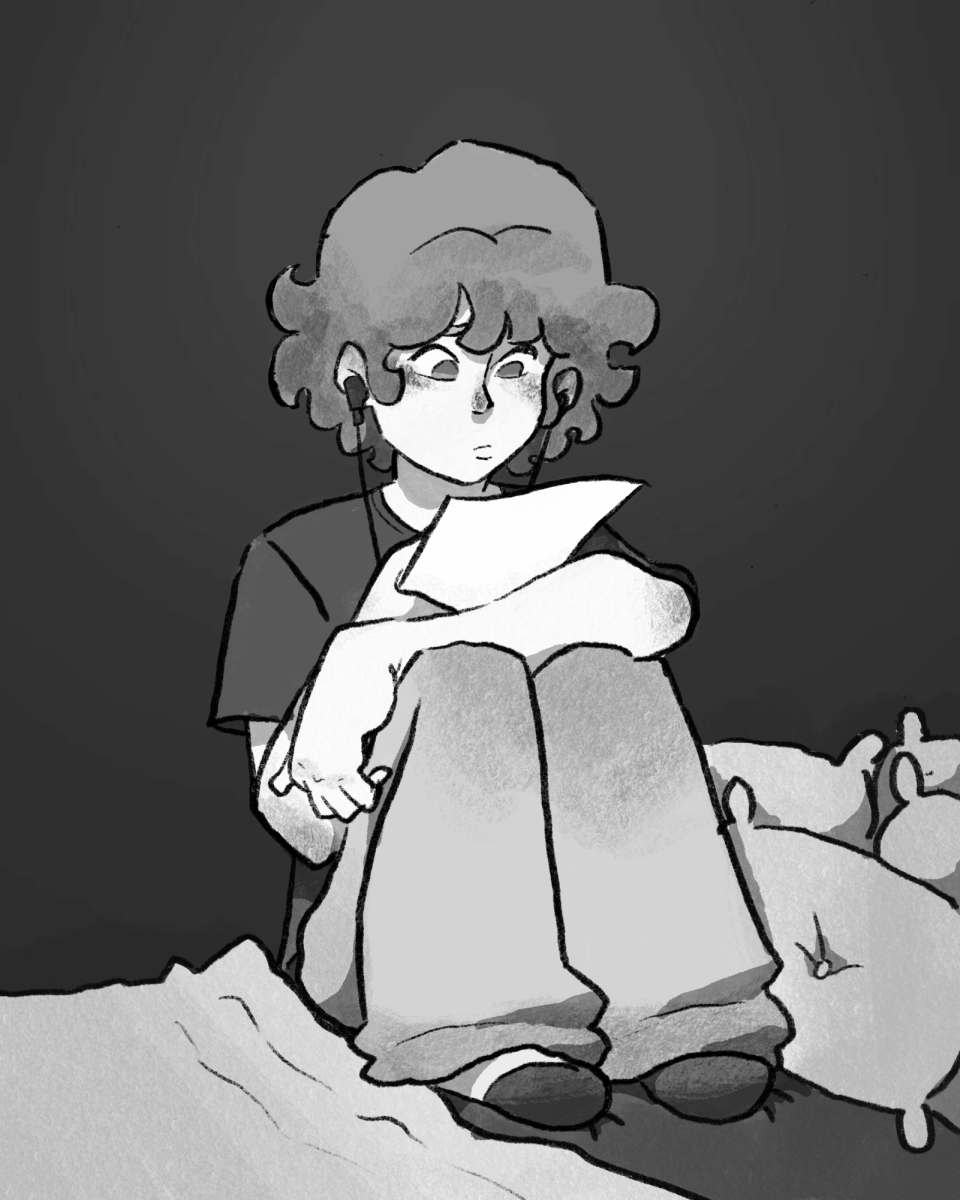Growing plants typically requires the presence of soil, sunlight, and water to sustain healthy growth. However, the PHS Agricultural Department and Throop Elementary bend these rules using miniature hydroponics kits.
Jamie Walker, the School Health Coordinator of Orange County, originally proposed the Mini Hydroponic School Program and received a grant late last school year but kicked off the program this school year instead, because of the time of the grant.
Walker wrote the Apples for Ed grant, which amounts to around $5,000 and will fund this project.
“We were able to buy 20 mini hydroponic units with the money that was granted to us and we are slowly getting them set up throughout the high school and elementary,” said Samantha Goen, the PHS Agriculture Teacher and FFA Advisor.
In these mini hydroponics units, students of any age can grow one to two pounds of lettuce; however, if this project continues, some classrooms may also be able to grow strawberries or bell peppers in the future.
To grow lettuce in the kits, students will first plant lettuce seeds in rockwool, a growing medium and soil replacement, and dampen the rockwool enough for the seeds to germinate or sprout. Next, potassium, nitrogen, and phosphorus will be added to the hydroponic water to boost the plant’s growth.
After planting, the lettuce seeds absorb the nutrients in the water and are put underneath a growing light for 12 hours per day until the lettuce is fully grown in six to eight weeks.
Once the lettuce is fully grown, the students will have the choice, depending on their teacher, of what to do with the lettuce they grew.
“The kids will have the option to take the lettuce home or have a day where they make their salad,” said Goen. “I know I’ve had a couple of teachers say, ‘We are going to bring in toppings like bacon, croûtons, bell peppers, carrots, and different salad dressings’ to make a salad.”
Although this will be a fun activity for students, having fun was not the primary purpose of this program. Both Walker and Goen have different reasons for participating in this project.
Walker, who works at IU Health, wants to help the future of our world make sustainable food choices.
Although she wants students to be informed about where food comes from and what is in it, Goen mainly focuses on building kids a passion for agriculture.
“I think kids are losing interest in the plant side of agriculture and don’t know what the purpose of it is. We’ve been trying to push out our hydroponics more so that when kids come up from the elementary and get to the high school, they are already aware of the things that are happening up here and kids will have more of an understanding of how things grow from nothing to something. Instead of them thinking, ‘Oh, lettuce comes from Walmart,’ they will understand that farmers grow this, harvest it, and then bring it to Walmart,” said Goen.
This experience is a learning opportunity and teaches the students what hydroponic systems are and how hydroponic systems operate.
“They don’t take up a lot of space in the classrooms, and give the kids an opportunity to have hands-on learning,” said Goen.
Some of these mini hydroponic units are already in classrooms, but plenty are left. Any teacher interested in getting involved should contact Goen.
Categories:
Farming Project Trains Future Growers
Agriculture Students Work to Teach Children About Hydroponics
Lillie Johnson, Paolite Staff Writer
November 15, 2024
News to Know updates on events and activities happening around the school.
0
Donate to PHS Media News
$100
$500
Contributed
Our Goal
Thank you for supporting phsmedianews.com! Your donation helps to cover our annual web hosting fees.
More to Discover
About the Contributors

Lillie Johnson, Newspaper Editor-In-Chief
Sophomore Lillie Johnson is an Editor for the Paolite newspaper and is a member of the PHS Media Department. Lillie often enjoys reading, playing Euchre or Rummy with her grandparents, and hanging out with friends in her free time. Some of her most loved book series include Powerless, The Hunger Games, and The Inheritance Games. In the future, Lillie hopes to attend Purdue University and is currently exploring future careers. Her favorite subjects are English and journalism, and her least favorite is science.

Joshua Herd, Web Production Manager
Josh herd is a junior who does many things at PHS. Herd loves sports as he plays tennis. Herd loves to garden in his free time. When Herd was asked what he wanted to do after high school he said “To attend an engineering college.”. When Herd is tired after a long day he likes to lay in bed.







